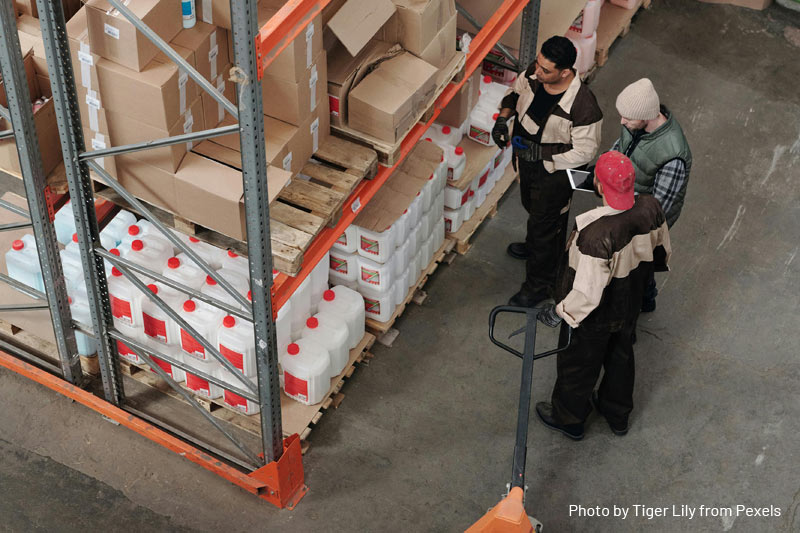
Logistics refers to all the processes a company utilizes to get its goods from the point of origin to the end user. This broad term includes procurement, inventory management, distribution, warehousing, transportation, packaging, and risk management. As there has been a sharp increase in the number of e-tailers entering the market, logistics has become a huge focus and an essential part of your company’s success.
The bottom line is that, in a global market, companies heavily rely on sound logistical processes to provide goods and services. This reliance may cause some to wonder what the future of logistics will look like.
The Future of Logistics
In short, the future of logistics will include a tremendous focus on sustainable logistics, and 2024 will prove to be a monumental year in helping some of these companies transition to greater sustainability. While many companies recognize the importance of voluntarily adopting sustainable practices, the reality is that key regulations are forcing this transformation in many areas, as well. For instance, the European Union has adopted many mandates forcing reductions in transportation emissions. Under the Paris Agreement, businesses must reduce carbon emissions by 55% by 2030 to meet climate targets.
Sustainability is critical because this industry is growing so rapidly. The global logistics market is anticipated to reach a value of $570.9 billion by 2030. Its value in 2022 was less than half of that figure at $261.5 billion. Reducing emissions and environmental impact will be critical in supporting sustainability goals, but it will be difficult in a rapidly growing industry.
Key recommendations to achieve greater sustainability include:
- Updating logistics infrastructure to support emissions cuts and freight rate control.
- Modernizing transportation modes, including fleet vehicles. Modern trucks include state-of-the-art software and digital sensors to maximize efficiency and streamline routes.
- Upgrading legacy systems or building custom solutions from scratch. This enhancement can be done by working with experienced software professionals with the expertise to create digital platforms capable of maintaining competitive pricing.
- Developing innovative operational products, such as driver monitoring using tachographs.
- Implementing sustainability goals and tracking progress. This action will be vital in demonstrating to clients and stakeholders that your business is taking solid steps to achieve sustainability, and you can demonstrate it with data. It can also help you provide more accurate information to regulatory agencies that govern taxation. Without defined goals and metrics to track progress, your business may hope to achieve greater sustainability, but it will be much harder to achieve. A solid action plan with data compilation is the best way to ensure you take steps to get to your goal.
- Install analytics tools wherever necessary to support accountability.
- Provide greater pricing and shipping options to clients that feature modern eco-friendly vehicles. While shipping with these vehicles will cost more, many clients will take advantage of this option. Consumers are indeed showing a marked increase in the demand for greater sustainability and are willing to pay for it. This fact remains true in a B2B setting, too. Therefore, offering this option to clients can show them that you are committed to making a difference and that they can also help you achieve greater sustainability. Getting to the goals of the Paris Agreement will require more parties opting into sustainable methods – and being one of the first to offer these features can give you a competitive advantage. In addition to having a more comprehensive cost matrix, you must also be able to provide data about the environmental savings of selecting these options.
- Consider the strategic integration of IT, telematics, the Internet of Things, and business operations to support consistency.
- Refine your logistics networks to provide real-time visibility, algorithms, simulations, and load consolidation to reduce mileage and achieve optimal efficiency.
- Transition fleet investments to support the smooth adoption of cleaner transport options.
Undoubtedly, the top concerns in the logistics industry are freight emissions, climate change, and regulatory compliance. Therefore, adopting sustainable practices will be vital in helping your company transition into the modern era.
While supporting sustainability will require significant capital investments, it will also help your business embrace a culture of innovation, agility, and efficiency. These practices are better for the environment, but they can also help you save money and protect your profitability by reducing fuel costs and identifying deficiencies in your transport chain. To learn more about the future of logistics, sustainability, and how your company can help achieve these goals, contact Dawson Logistics today!